The President, Defence and Police Officers Wives Association (DEPOWA), Mrs Vickie Irabor, has attributed the establishment of the Post-Traumatic Stress Disorder (PTSD) Centre by the association to the harrowing experiences of military personnel and their families.
Irabor made this known at the ground-breaking and foundation laying ceremony of the PTSD Centre at the Muhammadu Buhari Cantonment at Giri in Abuja on Tuesday.
She said many military families had silently endured traumatic experiences after their husbands returned from the front lines.
Mrs Irabor said the experiences included insomnia, nightmares, substance abuse, violent outbursts on family members and society, and suicidal tendencies, among others.
The DEPOWA president, therefore, said the PTSD project was not only dear to her heart, but also all wives of military personnel across the country because of their experiences over the years.
She recalled her experience of more than 20 years when her husband was deployed to Liberia and later Sierra Leone under the auspices of ECOMOG to intervene in their civil wars and stabilise the two countries.
According to her, some of the personnel who participated in the missions never returned alive while some returned wounded or traumatised.
“I was also confronted with stories from wives of personnel who had faced much worse and could not speak out about the challenges and the traumatic experiences.
“Uniting our voices as mothers and wives, we decided not to remain silent.
“In our review of research conducted, we have identified the extraordinary challenges being faced by officers and soldiers on the frontlines in securing our nation by fighting terrorism, banditry and other societal ills.
“Some of these challenges range from physical injuries, mental health issues, and sometimes, sadly paying the supreme price in the defence of our dear nation, Nigeria.
“While we have hospitals to take care of physical injuries, we have realized that there is a huge gap in mental health responses globally, including Nigeria.
“Especially in the treatment, management and rehabilitation of PTSD faced by families in the armed forces.
“In response to these issues, DEPOWA under my leadership, decided to pursue the implementation of a novel, first-of-its-kind legacy-based Armed Forces PTSD Centre,” she said.
Mrs Irabor said that the centre when completed, would help evaluate, counsel, and provide adequate support to personnel and by extension, their families, before reintegration from conflict zones.
She said the centre would also help to enhance national, regional and global stability, as well as boost the military’s capability to deal with all forms of insecurity.
According to her, establishing the facility will ensure the stability of military families post-conflict engagements and give encouragement to officers and soldiers that help is available should they need it after assignments.
She said the facility would also serve as a repository for future research on mental health challenges in the armed forces of Nigeria.
“This is a project borne out of deep love and appreciation for our husbands, the Nigerian armed forces and the protectors and defenders of the peace in our society.
“It is a thank you project for the contributions and huge sacrifices of our personnel to the hard-earned peace and security we enjoy today.
“It is not just a brick and mortar project but a symbol of hope for present and future generations of our people and not just the military,” she added.
Mrs Irabor called on well meaning individuals, government and private sector to support the project through donations to boost the morale of troops on the front lines.
The News Agency of Nigeria (NAN) reports that the ground-breaking and foundation laying was performed by the First Lady, Mrs Aisha Buhari.
Mrs Buhari promised to ensure that the project was fully supported by the government, adding that there’s no need for a fund raising.
She said that since the armed forces worked for Nigeria, it was the responsibility of Nigeria to provide such facility for its personnel. (NAN)

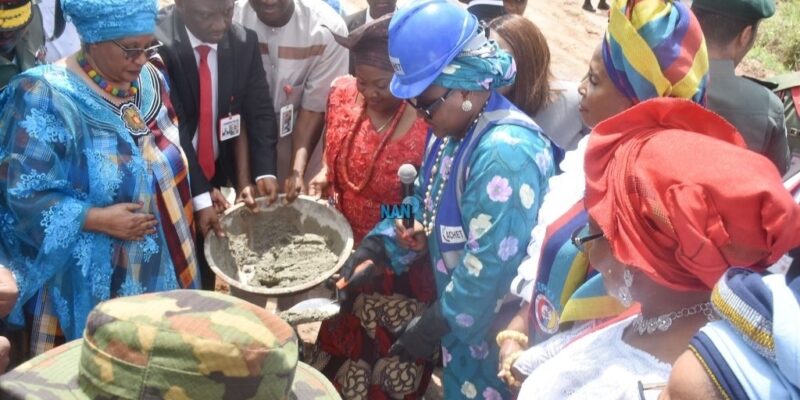

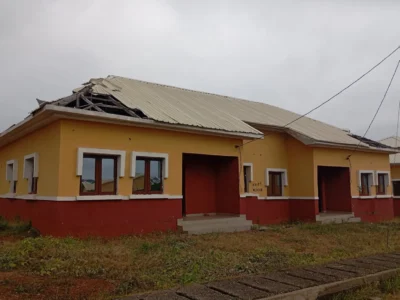
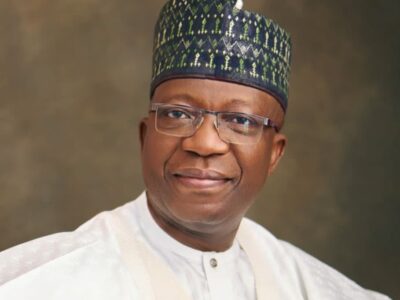
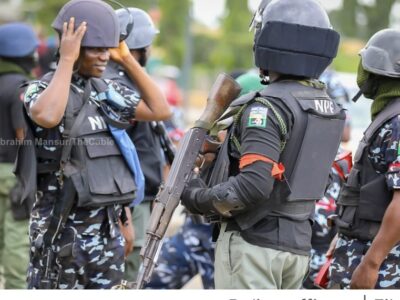
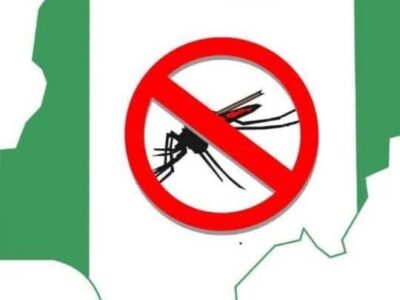
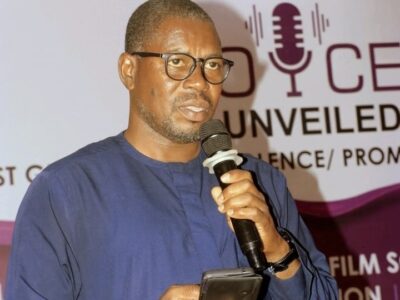
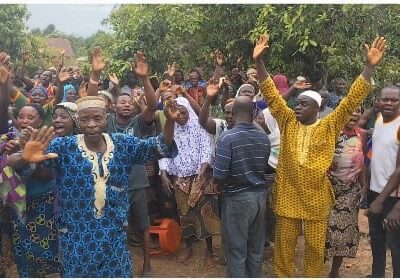

Comments